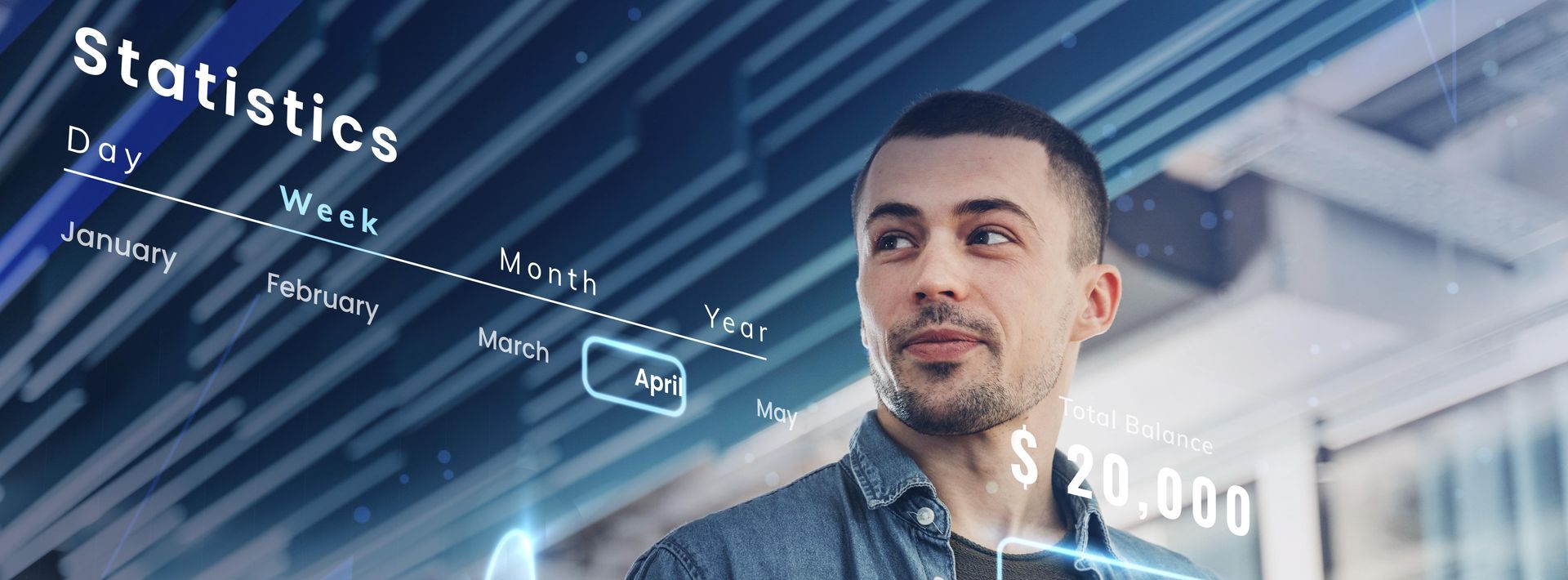The cost of a bad hire and how to avoid
A bad hire can cost far more than just a few months' salary

Hiring the right talent in AI, data engineering, solutions engineering, or healthtech is a critical challenge for U.S. businesses looking to drive innovation and stay ahead of the competition. However, a bad hire can cost far more than just a few months' salary, it can lead to missed project deadlines, technical debt, team disruptions or a weakened market position. In this article, we’ll explore the risks of mis-hiring in AI, data, and healthtech roles and provide actionable strategies to get recruitment right the first time.
The True Cost of a Bad Hire
1. Financial Impact
Hiring and onboarding a new employee is a costly process. According to the U.S. Department of Labor, a bad hire can cost a company up to 30% of the employee’s first-year salary. For AI, data, and healthtech roles, where salaries can be high, this becomes an expensive mistake. Additionally, lost productivity, project delays, and the cost of rehiring can compound the financial hit.
2. Productivity Loss
A mis-hire in AI, data engineering, or healthtech can lead to inefficiencies, missed deadlines, and poor-quality work that requires rework from other team members. A project that should have accelerated business insights, improved AI capabilities, or advanced patient care may instead slow down or fail entirely.
3. Impact on Team Morale
A poor hire can disrupt team dynamics, lower morale, and increase turnover among top-performing employees. AI, data, and healthtech teams thrive on collaboration, and when a team member lacks the necessary skills or work ethic, others are left to pick up the slack, leading to frustration and burnout.
4. Reputational Damage
In high-stakes fields like AI, data, and healthtech, mistakes can have far-reaching consequences. A mis-hire in AI could lead to biased models or compliance failures, while a mis-hire in healthtech could result in faulty algorithms that impact patient safety. The result? A damaged reputation, loss of client trust, and potential legal implications.
So what can you put in place to avoid this costly outcome?
1. Prioritizing Technical Skills Over Business Impact
It’s tempting to hire candidates with the most impressive AI models or technical capabilities, but success in AI, data, or healthtech roles requires business alignment. Candidates should not only have technical expertise but also understand how their work impacts the company's strategic goals and, in healthtech, patient outcomes.
Solution: Incorporate real-world problem-solving assessments into the interview process to evaluate how candidates approach business and healthcare challenges, not just coding exercises.
2. Relying Solely on Keywords in Resumes
AI, data, and healthtech professionals often list numerous tools and frameworks on their resumes, but that doesn’t always equate to hands-on expertise.
Solution: Conduct in-depth technical interviews with practical coding tasks, system design discussions, or (for example) healthcare-focused problem-solving exercises to assess a candidate’s real-world proficiency.
3. Overlooking Soft Skills
Data scientists, engineers, solutions architects, and healthtech professionals don’t work in isolation—they collaborate with product teams, executives, medical professionals, and stakeholders.
Solution: Evaluate communication skills, adaptability, and teamwork through behavioral interviews and case studies.
4. Ignoring Cultural Fit
AI, data, and healthtech teams function best when aligned with a company’s values and long-term vision. A technically skilled but culturally misaligned employee can lead to disengagement and turnover.
Solution: Involve multiple stakeholders in the hiring process to ensure alignment with company culture and work environment.
5. Rushing the Hiring Process
The demand for AI, data, and healthtech talent is high, but hiring under pressure can lead to costly mistakes.
Solution: Partner with specialized AI, data, and healthtech recruitment agencies that understand the market, reducing time-to-hire while maintaining quality.
Getting Recruitment Right the First Time
1. Define Clear Role Requirements
Ensure job descriptions accurately reflect both the technical expertise and business or healthcare impact expected from the role.
2. Use a Structured Hiring Process
Implement a multi-stage interview process, including technical assessments, business problem-solving discussions, and cultural fit evaluations.
3. Leverage Recruitment Specialists
Working with recruiters who specialize in AI, data engineering, solutions engineering, and healthtech can help identify top-tier talent and avoid common hiring pitfalls.
4. Offer Competitive Packages & Growth Opportunities
Top AI, data, and healthtech professionals have many opportunities so ensure your company stands out by offering career growth, a strong company culture, and attractive compensation packages.
A bad hire in AI, data, or healthtech isn’t just an inconvenience, it’s a costly mistake that can impact finances, productivity, team morale, and company reputation. By refining your hiring process, prioritizing both technical and business acumen, and working with specialized recruiters, you can ensure that your AI, data, and healthtech teams drive innovation rather than disruption.
Need help finding the right AI & healthtech talent? KDR Talent Solutions specializes in connecting U.S. businesses with the best professionals in AI, data engineering, solutions engineering, and healthtech. Get in touch today to build your high-performing team!











